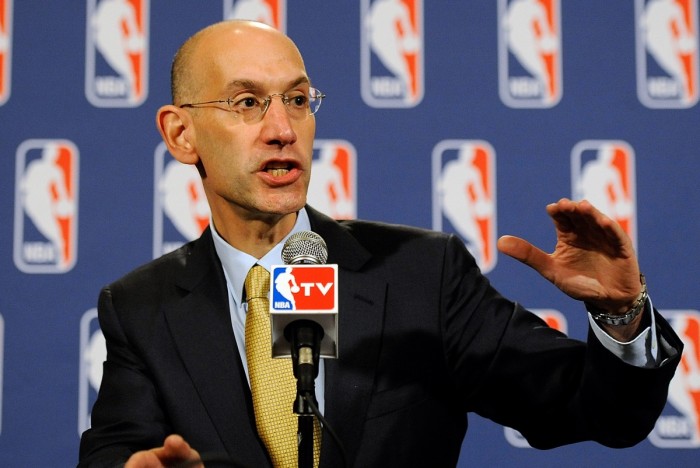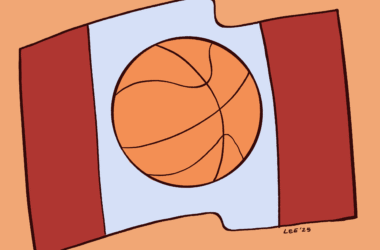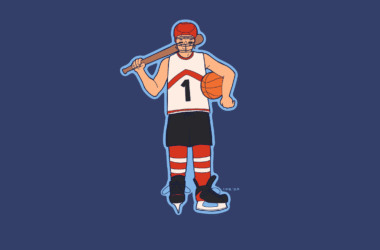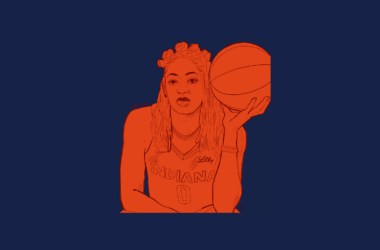The political agency of sports is often downplayed in popular conversation, if not totally ruled out. While scoring a goal from centre ice doesn’t exactly warrant a parliamentary medal, sport culture is fostering a growing liberalism. Furthermore, a desire from sporting entities to maintain a wide audience has the potential to affect social conditions, and perhaps even public policy. Championing the team aspect of sports culture, athletic organizations have historically found a political voice against discrimination. Most recently, North Carolina’s sports teams have directed their energy against the state’s recent homophobic legislation.
On March 23, the governor of North Carolina signed House Bill 2, The Public Facilities Privacy and Security Act, which dismantled a former ordinance that allowed trans individuals to use bathrooms corresponding to their gender identity. House Bill 2 also bans the existence of non-discrimination laws against LGBTQ individuals, blatantly violating the safety and health rights of LGBTQ people.
North Carolina’s sports franchises have started to speak out against the homophobic policy. On Friday March 25, the Carolina Hurricanes responded to the controversial bill, stating: “The Carolina Hurricanes and PNC Arena are devoted to providing a welcoming and respectful environment for all fans. We stand against all forms of discrimination.”
Besides having been publicly shamed for what many consider to be legalizing hate, the state legislatures’ actions may have brought on some injurious consequences for North Carolina. While the city of Charlotte had been previously selected as the 2017 host of the NBA All-Star Game, the NBA has expressed their “deep concern” over the consequences of the legislation. While not outright threatening to remove the All-Star competition from Charlotte, the organization stated that the bill “runs counter to our guiding principles of equality and mutual respect.” The NBA used a similar tactic last year when LGBTQ rights were threatened in Indiana.
This recent defense of minority rights is not unprecedented. In 1964, the International Olympic Committee (IOC) famously banned South Africa from the Tokyo Olympics because of the country’s failure to offer basic standards of human rights, demonstrated by the nation’s apartheid regime. The South African Amateur Athletic Union, unwilling to condemn apartheid, opted out of the event. The incident not only forced sports fans to confront the injustice of apartheid, but it also forced politics into a historically apolitical sphere.
While dysfunctional race relations continue to be a major issue in the US and Canada—athletes such as LeBron James and Derrick Rose have supported the Black Lives Matter movement—athletic commissions have started grappling with the rights of the LGBTQ community. This was manifested at the Sochi Olympics, where nations protested Russian laws against homosexuality by refusing not to allow their LGBTQ athletes from competing, and encouraging communities to stand in solidarity against the policy.
The NBA’s recent statements resurrect the question of whether a sports association can act as a para-national institution. A team’s sentimental and historic status in a city positions them as a media lightning rod whose statements are always well-documented. Moreover, their general alienation from politics laces these rare assertions with a provocative charge; their political hat is only put on in the face of what they recognize as a grave social injustice.
While it is not yet clear whether the NBA will relocate the All-Star game, a decision to do so would be particularly embarrassing for the city of Charlotte and the state of North Carolina. Through their statement, as well as their previous attention to human rights violations, it is undeniable that the NBA is wielding a soft political power. While sports associations will never explicitly coerce governments into making nice with minorities—after all, sports leagues are businesses—the activities these associations represent are still the epicentre of popular culture. Thus, regardless of its distance from political processes, the sports world has a loud voice and the masses are listening to it.







